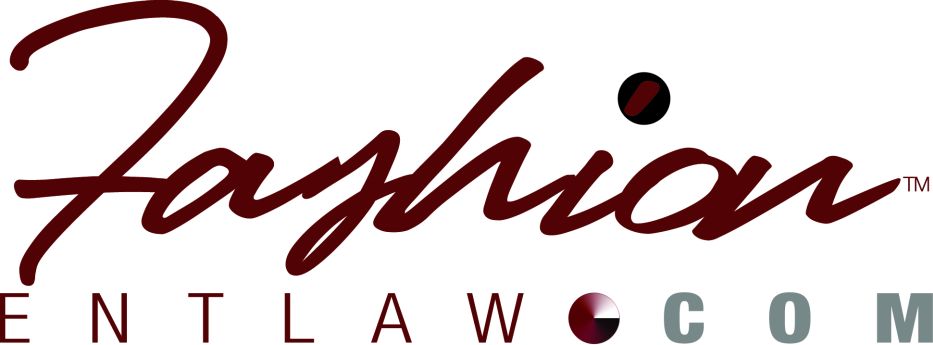 Justin Bieber’s latest hit Mistletoe has gathered over 20million hits in one week. But, even such amazing performance has not deterred the controversy surrounding him and a new bill to criminalize streaming of unauthorized work online. Read on. . .
Justin Bieber’s latest hit Mistletoe has gathered over 20million hits in one week. But, even such amazing performance has not deterred the controversy surrounding him and a new bill to criminalize streaming of unauthorized work online. Read on. . .
“The potential spectacle of Justin Bieber being extradited from Canada to the United States to serve five years in prison has become a new flashpoint in a debate over whether copyright law should be amended. What are the chances the teen heartthrob could end up behind bars?
Congress is currently weighing new legislation (S. 978) that would make unauthorized web streaming of copyrighted work a felony punishable by up to five years in prison. The bill, supported by many in the entertainment industry, was introduced last May but started to gather widespread attention this past week after after a non-profit organization, Fight for the Future, launched a website and campaign entitled “Free Bieber.
Fight for the Future points out that Bieber became famous as a result of posting supposedly unauthorized covers of popular R&B songs to YouTube, such as the following video where Bieber does his version of a Chris Brown song.
Tiffiniy Cheng, director of Fight for the Future, says the problem with the proposed legislation is that “since copyright law is so expansive, it applies to lots of completely harmless and common things: like singing a song, dancing to background music, or posting a video of a kids’ school play.”
Or Justin Bieber videos. The group believes that in videos such as the one above, Bieber may be violating the public performance rights to Chris Brown songs.
Since “Free Bieber” launched, petitions have been gathered and the press is starting to notice. One problem: Even if the bill passes, Bieber is safe from the slammer.
At Copyhype, a blog devoted to copyright issues, IP attorney Terry Hart lays out a compelling case for why Bieber isn’t really threatened at all.
A song contains distinctive underlying rights — including rights to the original master recording, rights to release derivative versions of the composition, and rights to publicly perform the material. By addressing streaming, the bill focuses on the public performance aspect, but as Hart notes, “someone who uploads a video to YouTube is not performing the video — YouTube is. . .”
Photocredit: Justin Bieber Facebook fan page

FASHIONENTLAW blog, authored by Ms. Uduak, was first established in 2010. It is now incorporated, in 2021, as part of the FASHIONENTLAW LAW FIRM blog. The blog is for informational purposes only and provides legal commentary and analysis on the intersection of mainstream America pop culture and the law. It also provides updates on Ms. Uduak’s speaking engagements and press activities. For inquiries on topics covered on this site, please get in touch with our firm. If you seek legal representation for your specific legal needs, please schedule a consultation.
📞Call 916-857-9970 or
🌐Email (firm@fashionentlaw.con)
💻 Schedule a consultation directly on this site.
